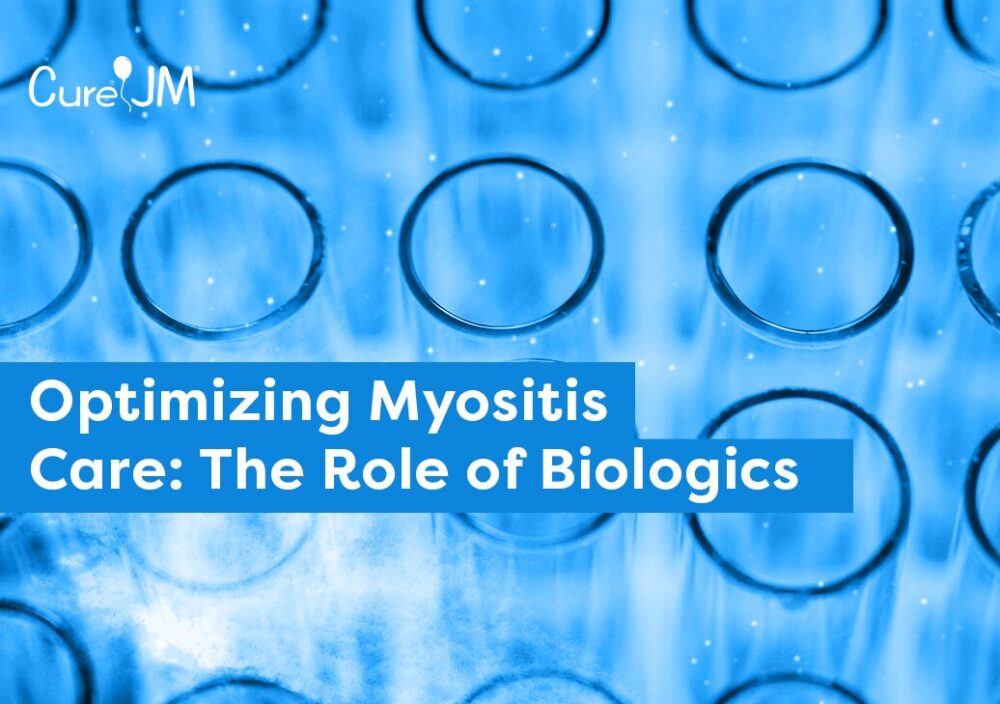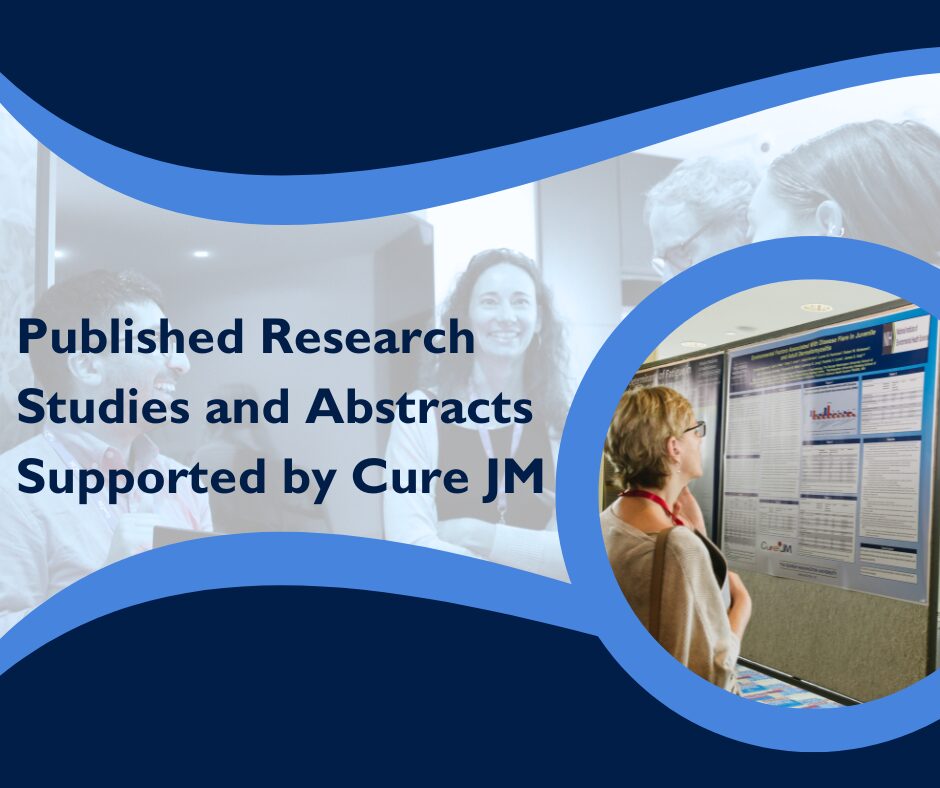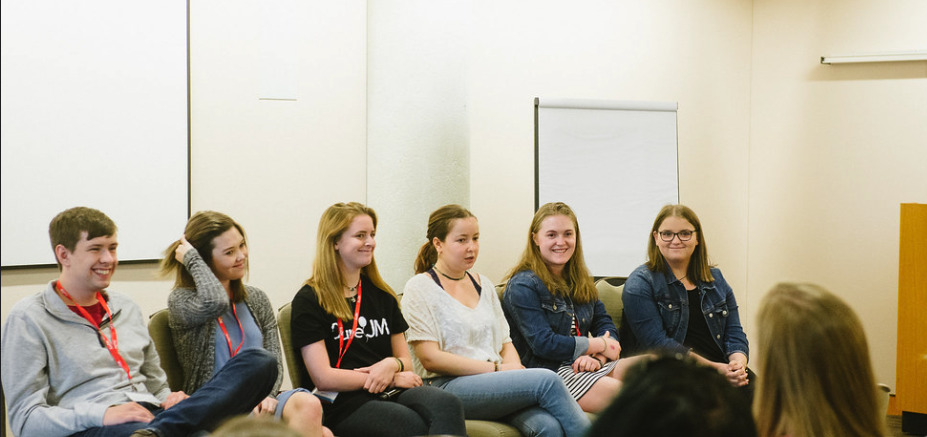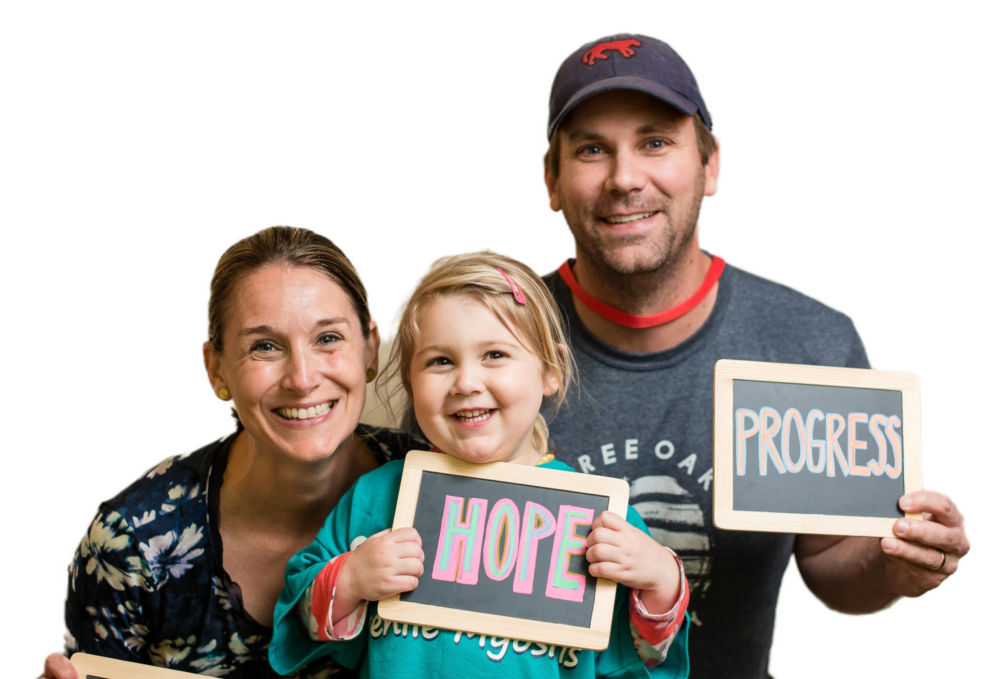We are pleased to invite all juvenile dermatomyositis healthcare professionals to watch the latest presentations, sharing clinical best practices to help providers diagnose, treat, and care for juvenile myositis patients.
The session was held on September 19th, 2024.
Intended Audience:
- Pediatric and adult rheumatologists, dermatologists, and immunologists
- Residents and fellows
- Professors of dermatomyositis, polymyositis, and related fields of study
- HCPs who treat autoimmune conditions in adults or juveniles
- Industry representatives
We are pleased to share each presentation and outcomes from each session below:
Scientific Session
About this session:
Dr. Lucy Wedderburn discusses the use of biopsy in juvenile myositis diagnosis and treatment. Dr. Wedderburn covers the role of biopsy samples in diagnosing and managing JDM. Biopsies can be useful for confirming the JM subtype, assessing disease activity, and guiding treatment decisions. They provide critical insights into disease severity and prognosis, enabling clinicians to tailor therapies effectively. Moreover, ongoing research using biopsy samples is advancing our understanding of JDM’s underlying mechanisms and paving the way for more targeted therapeutic approaches. Overall, biopsies are valuable tools in optimizing outcomes and improving the quality of life for JDM patients.
About Dr. Lucy Wedderburn:
Dr. Lucy Wedderburn is a professor of pediatric rheumatology at University College London, Great Ormond Street Institute of Child Health, and a consultant at Great Ormond Street Hospital (GOSH). She trained in immunology and rheumatology in Cambridge and then London and then spent time training in science at the University of Stanford, USA, before returning to University College London (UCL) and GOSH on a Wellcome Trust Fellowship. She has been a consultant at GOSH for more than 20 years. She runs a research team that investigates the mechanisms and different types of childhood myositis and arthritis, as well as what controls response to treatment. She is the Chief Investigator of a large cohort study in JDM that includes centers from across the UK and is the Director of the newly established Arthritis Research UK Centre for Adolescent Rheumatology at UCL, UCL Hospitals, and GOSH.
About this session:
Dr. Schiffenbauer delves into the complexities of managing calcinosis in juvenile myositis patients, a challenging complication characterized by calcium deposits in soft tissues. The discussion highlights various treatment modalities, including medical therapies to manage inflammation and promote the dissolution of calcinosis deposits. Surgical interventions, such as excision of large or symptomatic deposits, were also explored as viable options in severe cases. The importance of multidisciplinary care involving rheumatologists, dermatologists, and surgeons was underscored to ensure comprehensive management tailored to individual patient needs. Additionally, ongoing research aims to enhance therapeutic strategies and understand the underlying mechanisms contributing to calcinosis formation in JDM, aiming to improve outcomes and quality of life for affected individuals.
About Dr. Adam Schiffenbauer:
Dr. Adam Schiffenbauer is the Deputy Head of the Environmental Autoimmunity Group and a clinical investigator in rheumatology with a special interest in myositis. The group’s mission is to understand the mechanisms for the development of autoimmune diseases so that members can extend healthy lives and reduce the burdens of illness and disability. The group conducts a broad program of clinical, translational, and basic investigations in the area of adult and pediatric autoimmune diseases.
Schiffenbauer leads several research studies and the adult patient enrollments in the group. He serves as principal investigator for several NIEHS protocols, including an investigational drug study evaluating sodium thiosulfate for the treatment of calcinosis, and as an associate investigator on protocols across several institutes at NIH. Schiffenbauer cares for patients with autoimmune disorders and autoimmune disease mimics, particularly patients with muscle disorders. He also serves as faculty in the NIAMS Rheumatology Fellowship Program and is an attending doctor on the rheumatology consult service. In addition, he serves on several NIH intramural committees and in leadership roles across national and international consortia that evaluate and conduct a wide range of basic and clinical studies on idiopathic inflammatory myopathies (IIM).
About this session:
Swallowing difficulties in juvenile myositis patients present significant challenges, often stemming from muscle weakness affecting the throat and esophagus. Beth Solomon shares research and insights focused on understanding the underlying mechanisms of dysphagia in JDM, which include inflammation and muscle damage. Effective management strategies involve a multidisciplinary approach, integrating input from rheumatologists, neurologists, speech therapists, and nutritionists. Treatment may include medications to reduce inflammation, rehabilitative exercises to strengthen swallowing muscles, and dietary modifications to facilitate safe swallowing. Ongoing research, as discussed by Beth Solomon, aims to refine these interventions and develop targeted therapies to improve swallowing function and overall quality of life for JDM patients.
About Beth Solomon:
Beth Solomon is the Senior Lead, Clinical, and Research Coordinator for the Speech Language Pathology Service in the Rehabilitation Medicine Department at the National Institutes of Health. Her clinical practice and areas of expertise encompass diagnosing and managing pediatric and adult dysphagia, head and neck cancer, voice disorders, complex and medical conditions, rare diseases, and craniofacial disorders. She is an active researcher involved in numerous NIH protocols, phenotyping speech/language and swallowing functions in complex medical disorders and assessing outcome measurements for their treatments.
Beth is nationally recognized for her work in voice restoration for laryngectomy patients and is designated as an Infant and Toddler Specialist by the Governor’s Office for Children, Youth, and Families in Maryland. She served as the Speech Language Pathology Liaison to the Public Health Service and the United States Surgeon General’s Office for over 10 years. Her accomplishments include receiving the NIH Clinical Director’s awards for her clinical research in head and neck cancer, tracheostomy teaching, and Joint Commission coding. Additionally, she has been honored with three NIH Directors Awards for her research in Niemann-Pick Type C Disease and Neonatal Onset Multisystem Inflammatory Disease.
Beth has mentored numerous graduate and medical students during their clinical internships and post-baccalaureate training programs and is a frequent guest lecturer at local graduate programs in speech-language pathology. She has presented at numerous state, regional, national, and international meetings. Beth has over thirty research publications and publishes extensively within the speech pathology profession.
Beth holds a Master’s Degree in Speech Language Pathology from Columbia University and a Bachelor’s Degree in Communication Disorders and Elementary Education from the University of Massachusetts-Amherst.
About this session:
Dr. Andrea Knight presents the critical topic of mental health in juvenile myositis patients and their families, focusing on current research and management strategies. She is utilizing quality improvement methods to implement mental health screening and intervention for patients with JM and working on strategies to address caregiver mental health. She is also using cognitive and psychiatric measures and advanced neuroimaging techniques to examine the impact of autoimmune diseases like lupus and JM on neurocognitive health and brain development. Her presentation will also address approaches for early detection and targeted treatment of neuropsychiatric disorders in JM patients. This session promises to highlight the integration of cutting-edge research with practical strategies to improve mental health outcomes in the JM community.
About Dr. Andrea Knight:
Dr. Andrea Knight is a pediatric rheumatologist at the Hospital for Sick Children (SickKids) in Toronto, Canada, an Associate Scientist in the Neurosciences and Mental Health Program at the SickKids Research Institute, and an Associate Professor of Pediatrics at the University of Toronto Temerty Faculty of Medicine. She obtained her medical degree from the Columbia College of Physicians & Surgeons in New York. She then completed her pediatric residency and pediatric rheumatology fellowship at The Children’s Hospital of Philadelphia and a Master of Science in Clinical Epidemiology from the University of Pennsylvania.
Dr. Knight is the Canada Research Chair in Mental Health and Chronic Disease of Childhood, whose research program focuses on brain and mental health in children with lupus and other chronic rheumatologic diseases. She is the past Chair of the Lupus Section for the Childhood Arthritis & Rheumatology Research Alliance (CARRA), current co-leader of the CARRA Mental Health Workgroup, and co-leader of the Cassie+Friends Youth Mental Health Working Group. She is also a member of the Canadian Rheumatology Association Research Committee, the Scientific Advisory Board for the Lupus Research Alliance, and the Medical Scientific Advisory Committee for the Lupus Foundation of America. She is also Co-Chair of the SickKids Mental Health Strategy Research Implementation team and a member of the Advisory Panel for the SickKids Precision Child Mental Health Initiative.
About this session:
Biologic therapies have revolutionized the treatment landscape for numerous rheumatologic diseases, offering new hope and additional targets for the treatment of juvenile myositis. Dr. Shenoi’s presentation explores the pivotal role of these innovative therapies in managing juvenile myositis, shedding light on their mechanisms of action, clinical efficacy, and safety profiles. Join us as we delve into how these cutting-edge treatments are reshaping the future of juvenile myositis care.
About Dr. Susan Shenoi:
Dr. Susan Shenoi has been a pediatric rheumatologist and professor in the Division of Rheumatology, Department of Pediatrics at Seattle Children’s Hospital and Research Center and University of Washington, Seattle, since 2011. Dr Shenoi is also the Clinical Director for the Division of Rheumatology and Director for the Seattle Cure JM Myositis Center of Excellence. Her research interests span the epidemiology of pediatric rheumatologic diseases, with a particular focus on environmental risk factors, juvenile idiopathic arthritis, and juvenile myositis. Dr. Shenoi is passionate about increasing awareness and improving outcomes of pediatric autoimmune diseases.



